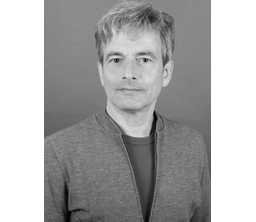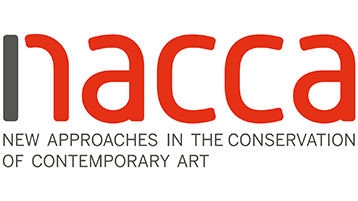NACCA: New Approaches in the Conservation of Contemporary Art

The aim of the Marie Curie Innovative Training Network NACCA is to educate a new generation of professional curators, conservators and academic researchers who are properly equipped to face the challenges of the conservation of contempory art.
Auf einen Blick
| Kategorie | Beschreibung |
|---|---|
| Forschungsprojekt |
NACCA New Approaches in the Conservation of Contemporary Art |
| Leitung | Prof. Dr. Gunnar Heydenreich |
| Fakultät | Fakultät für Kulturwissenschaften |
| Institut |
CICS - Cologne Institute of Conservation Sciences Institut für Restaurierungs- und Konservierungswissenschaft |
| Laufzeit | since 2015 |
| Website |
NACCA is a Marie Curie Innovative Training Network project, funded by the European Union with a grant of nearly 4 million euro. In the project universities, museums and heritage organizations collaborate. Fifteen young and talented researchers in six European countries will conduct PhD research into various aspects of contemporary art care and conservation and will be trained to become the new generation of conservation experts.
The NACCA project addresses the problem that a significant part of European cultural heritage, modern and contemporary art, runs a great risk of getting lost for future generations, because it is particularly difficult to preserve. New materials, such as plastics, and new media, such as video and internet, confront museums and other collections with unforeseen problems of decay and obsolescence. Other works, like installations, may be specifically related to a specific site and lose meaning when they are removed, or are transient events, like performances. Proper care requires resolving fundamental questions concerning the identity, values and authenticity of modern and contemporary artworks and the consequences for their conservation and asks for new competences and skills of museum and other professionals involved in art conservation and care.
As an EU-funded Marie Curie Innovative Training Network NACCA aims at meeting these demands by educating a new generation of professional curators, conservators and academic researchers who are properly equipped to face these challenges. The programme is designed by experts working in museums, heritage organisations and universities who have a profound experience in the field of contemporary art conservation and conservation research. It will focus on the development of a reflective professional attitude, which is a pre-requisite in the increasingly complex and collaborative field of contemporary art conservation.
Coordinator of the project is the Maastricht Centre for Arts and Culture, Conservation and Heritage (MACCH). In total, 15 PhD projects are part of the programme, each investigating different, as yet under-explored aspects of contemporary art conservation. Researchers will be located in The Netherlands (Maastricht University, University of Amsterdam), Germany (Cologne University of Applied Sciences), United Kingdom (University of Glasgow, Tate), Italy (Museo delle Culture Milan, University of Roma III), Portugal (NOVA University Lisbon, University of Porto) and Poland (Academy of Fine Arts Warsaw). The list of PhD topics is available on the website.


